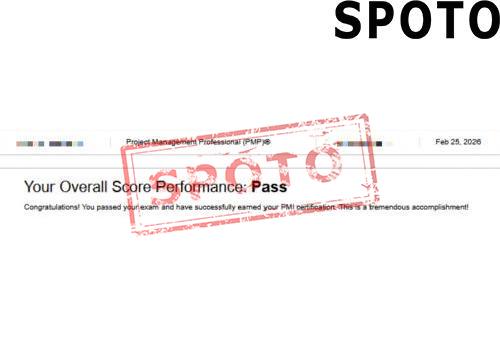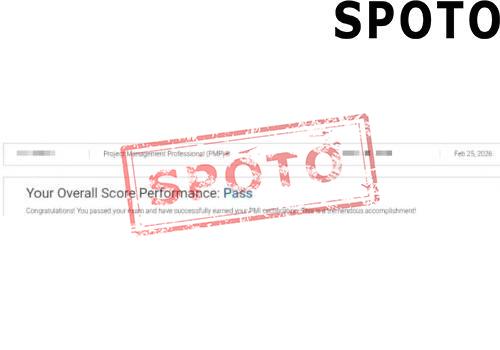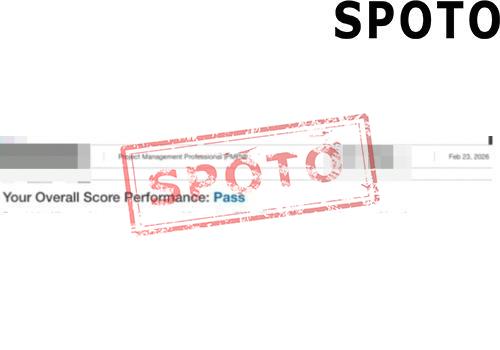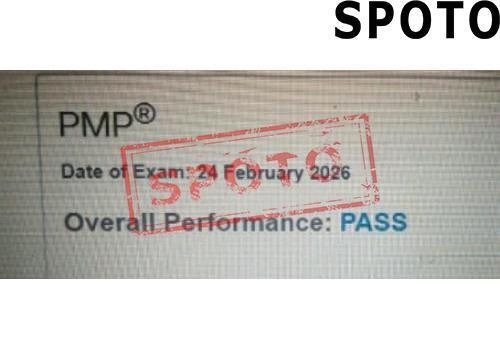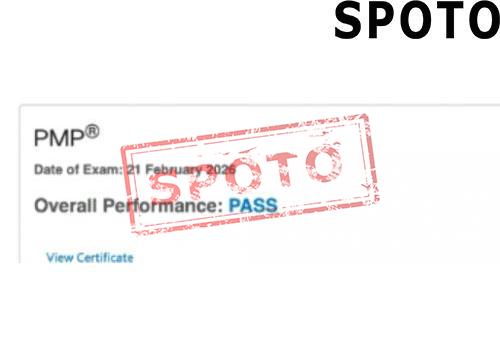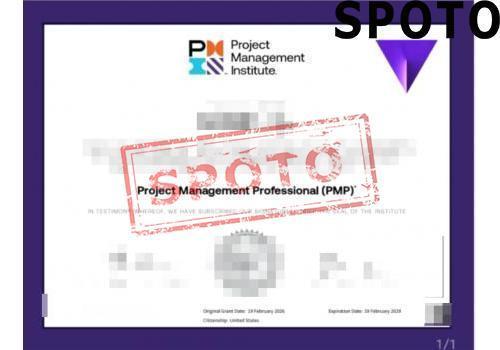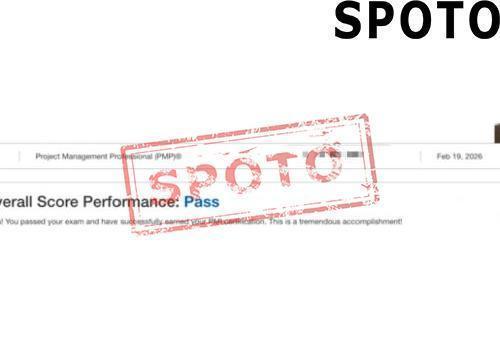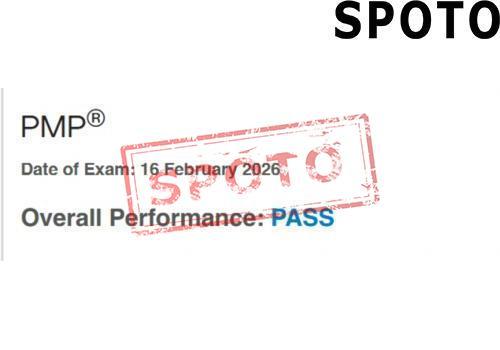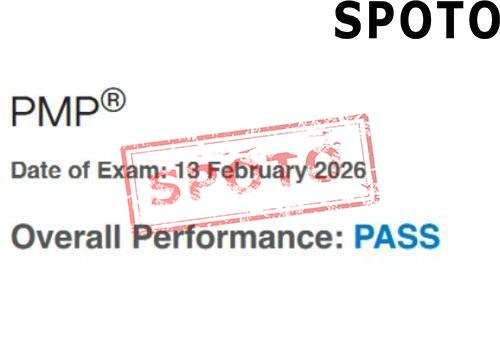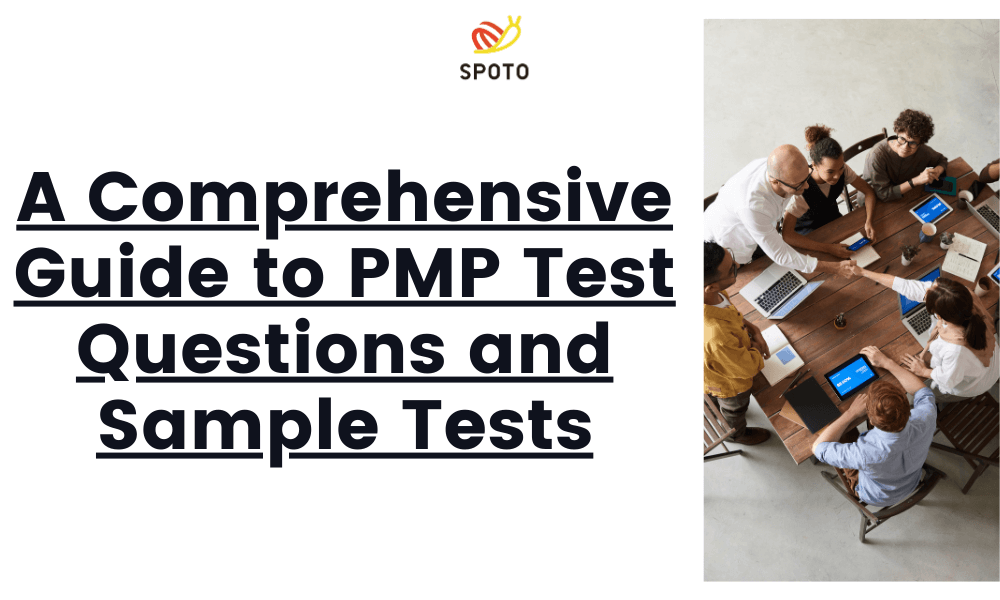
Table of Contents
1. Introduction to the PMP Exam
The Project Management Professional (PMP) certification is globally recognized as a gold standard for project management excellence. It significantly amplifies your credibility and earning potential in the project management domain. By acquiring this prestigious certification, individuals validate their commitment to the profession and demonstrate their expertise in applying project management best practices.
The PMP exam itself is a rigorous assessment, designed to test your understanding and application of project management principles. It encompasses 180 questions that must be completed within 230 minutes. These questions are a mix of multiple-choice, multiple responses, matching, hotspot, and limited fill-in-the-blank types. This diverse question format ensures a comprehensive evaluation of a candidate's project management knowledge and skills.
Importance and Benefits of PMP Certification
Earning the PMP certification opens up a plethora of career opportunities. It is not just an acknowledgment of your project management acumen but also a testament to your ability to lead and manage projects efficiently. This certification can significantly enhance your job prospects, lead to better job roles, and a potential increase in salary.
Overview of the PMP Exam Structure and Format
The structure of the PMP exam is meticulously designed to cover the vast landscape of project management. It delves into various knowledge areas and process groups, ensuring a well-rounded assessment. The exam's framework is aligned with the Project Management Body of Knowledge (PMBOK) Guide, which serves as a fundamental resource for preparation. The inclusion of different types of questions adds to the exam's complexity, challenging candidates to demonstrate their practical knowledge and problem-solving skills in real-world project management scenarios.
Free Testing, Explore PMP Exam Content!
2. Understanding the PMP Exam Content
The Project Management Professional (PMP) exam covers a comprehensive range of topics designed to assess a candidate's project management skills. Understanding the depth and breadth of content is critical for success.
Knowledge Areas and Process Groups
The exam is structured around various knowledge areas and process groups that reflect the core competencies required for effective project management. These include areas such as scope, schedule, cost, quality, resource, communication, risk, procurement, and stakeholder management.
Role of the PMBOK Guide
The PMBOK Guide is an essential resource for PMP candidates, providing a framework that details the project management best practices and terminologies used globally. It plays a pivotal role in preparing for the exam, as it aligns with the exam's structure and content.
3. PMP Test Questions and Sample Tests
Embarking on the journey towards PMP certification, the significance of immersing oneself in a plethora of test questions and sample tests cannot be overstated. This rigorous practice not only demystifies the exam's intricate structure but also enhances one's proficiency in navigating through its complex scenarios. Engaging with these preparatory materials aids in the development of a strategic approach to the exam, honing critical thinking and time management skills essential for success.
Importance of Practicing with Test Questions and Sample Tests
Diving deep into the realms of PMP test questions and sample tests is pivotal for a multitude of reasons. First, it acquaints candidates with the exam's nuanced format, ensuring there are no surprises on the big day. Additionally, it enables aspirants to identify their strengths and areas for improvement, allowing for targeted study sessions. Most importantly, consistent practice fosters confidence, significantly reducing pre-exam jitters.
Reliable Sources for PMP Test Questions and Sample Tests
Finding trustworthy sources for PMP test questions and sample tests is crucial for obtaining high-quality, relevant materials. Websites dedicated to PMP exam preparation, such as the Project Management Institute's (PMI) official site, offer a goldmine of resources. Furthermore, platforms that specialize in professional certifications often provide curated question banks and full-length practice exams designed to mirror the actual test environment closely. These resources, combined with the PMBOK Guide's foundational knowledge, create a robust framework for effective exam preparation.
- Online forums and study groups often share insights and recommendations for practice materials, enabling candidates to learn from the experiences of their peers.
- Comprehensive review courses, often including practice exams and interactive modules, are available for those seeking structured study paths.
- Books and publications authored by PMP-certified professionals offer valuable perspectives and test-taking strategies, accompanied by practice questions and tests.
In conclusion, leveraging a diverse array of PMP test questions and sample tests from reputable sources is indispensable for those aspiring to master the PMP exam. Through diligent practice and strategic preparation, candidates can navigate the complexities of the exam with confidence, paving the way for professional advancement and success.
4. Analyzing PMP Test Questions
In your journey to master the PMP exam, comprehending the various types of questions you'll encounter is critical. These questions are tailored to evaluate not only your understanding of the PMBOK Guide's fundamental concepts but also your ability to apply this knowledge in different project management situations. Let's delve into the various types of PMP test questions you might encounter.
Understanding the Different Question Types Encountered in the Exam
In the PMP exam, you will primarily face scenario-based multiple-choice questions. Each question presents a situation related to project management and generally requires you to choose the best course of action. There are also situation-free, theory-based questions, which test your understanding of fundamental project management principles. Moreover, you may encounter question sets, where a group of questions is centered around a single scenario or case study.
Tips for Effectively Analyzing and interpreting PMP Test Questions
- Grasp the Context: Oftentimes, you will need to infer the situation from the question itself. Pay attention to terms like "initial", "prior", and "next", for they are key indicators of the process being described.
- Identify the Process: PMP questions revolve around PMBOK Guide processes. Identifying the process can help you limit the potential answers.
- Eliminate Incorrect Choices: If you are unsure about the correct answer, use the process of elimination. Usually, two out of the four answer choices will be evidently incorrect.
- Refer to PMBOK Guide: For theory-based questions, your primary reference should be the PMBOK Guide. It will help you comprehend the definition and application of concepts.
Remember, your objective in analyzing PMP test questions should be to understand the 'why' behind each answer. By strengthening your analytical skills, you can efficiently tackle PMP test questions, elevating your chances of success in the PMP Exam.
For effectively tackling PMP exam questions, a strategic approach is essential. Start by understanding the diversity of question formats, such as multiple-choice or scenario-based questions, to adapt your answering techniques accordingly. Time management is another critical skill; dividing the exam duration by the number of questions gives you a specific time frame to adhere to for each question, helping avoid last-minute rushes. Practicing these strategies under simulated exam conditions can significantly enhance your performance on the actual test day.
5. Reviewing PMP Sample Test Results
The journey to mastering the Project Management Professional (PMP) exam transcends merely answering practice questions; it involves a meticulous analysis of sample test results. This step is crucial for identifying strengths and pinpointing areas that require further study. Delving into your performance on these tests enables a targeted approach to learning, ensuring that every study session propels you closer to success.
How to Analyze and Interpret Sample Test Results
Understanding the intricacies of your sample test results involves more than just a superficial glance at the scores. It demands a deeper dive into each question, assessing not only what was missed but why it was missed. Were the errors due to misunderstandings of the principles, careless reading, or perhaps time constraints? By cataloguing these insights, candidates can tailor their preparation strategies to address specific weaknesses, transforming potential stumbling blocks into stepping stones towards PMP certification.
Utilizing Sample Test Results for Focused Study and Improvement
- Pinpoint Learning Opportunities: Identify recurring themes or topics in the questions you answered incorrectly. Concentrating on these areas can significantly enhance your grasp of the subject matter.
- Develop Time Management Skills: Reflect on the time spent on each question. Learning to allocate time more efficiently can improve both pace and accuracy during the actual exam.
- Embrace Adaptive Learning Strategies: Adjust your study plan based on the test results. This adaptive approach ensures that your preparation is always aligned with your current needs, maximizing the efficacy of your study sessions.
- Seek Feedback and Resources: Don't hesitate to seek out additional resources or feedback on areas where you're struggling. This could be in the form of tutoring, joining study groups, or utilizing online forums dedicated to PMP exam preparation.
Effectively leveraging sample test results is not just about understanding where you went wrong, but about strategically planning your study to make every moment count. With each test taken, analyzed, and learned from, you edge closer to not only passing the PMP exam but excelling at it.
6. Additional Resources for PMP Exam Preparation
Unlocking the full potential of your PMP exam preparation extends beyond the boundaries of conventional study techniques. It involves a strategic immersion into a variety of resources tailored to enhance understanding and retention. This section illuminates a path toward utilizing a blend of online courses, authoritative texts, and immersive study materials specifically designed for comprehensive PMP exam readiness.
Online Courses, Books, and Study Materials
Diving into the realm of PMP certification necessitates a multifaceted approach to learning. Online courses offer the flexibility and depth needed to grasp the intricate concepts at your own pace. Platforms such as Master of Project Academy stand out by providing detailed insights into the exam's framework, coupled with real-world applications of project management principles. Moreover, the PMBOK® Guide emerges as the cornerstone of your study, presenting a thorough overview of the methodologies, terminologies, and processes essential for the exam. Augmenting these with specialized books and study materials can significantly broaden your understanding and application of project management theories in practical scenarios.
Recommended Study Plans and Strategies for Success
Embarking on this journey requires more than just hard work; it demands smart work. Tailoring a study plan that incorporates periodic reviews, practice tests, and active participation in study groups can remarkably elevate your preparation level. It is advisable to allocate specific time blocks for studying different knowledge areas and process groups, ensuring a balanced coverage of the exam content. Engaging in forums and discussion platforms can also provide unique insights and clarification on complex topics. Implementing these strategies, along with regular self-assessment through sample tests, will sharpen your readiness and confidence for the PMP exam.
In conclusion, a strategic approach to selecting and utilizing additional resources can make a substantial difference in your PMP exam preparation. By intertwining online courses, essential reading materials, and a well-structured study plan, you are setting a solid foundation for success. Remember, the journey to PMP certification is not just about passing an exam; it's about molding yourself into a proficient and knowledgeable project manager.
7. Tips for Exam Day
Approaching the day of the PMP exam with a well-prepared mind and body can significantly influence your performance. Mental and physical readiness is the cornerstone of exam success. This part of our guide dives into effective strategies for minimizing stress and maximizing efficiency on this pivotal day.
Preparing Mentally and Physically for the Exam
Commence your exam day with a morning routine that energizes and focuses your mind. A balanced breakfast, light exercise, and mindfulness practices such as meditation can profoundly impact your alertness and calmness. Familiarize yourself with the exam center's location beforehand to prevent last-minute rushes, and ensure you have all necessary documentation ready and accessible. Reviewing key concepts and formulas one last time can reinforce your confidence, but avoid deep-diving into new topics.
Proven Strategies for Managing Stress During the Exam
During the exam, maintaining composure is crucial. Implement relaxation techniques like deep breathing or positive visualization whenever you feel overwhelmed. Time management is another vital component; allocate your time wisely across questions to avoid the stress of rushing in the final moments. Remember to read each question carefully, breaking them down into manageable parts to better understand what is being asked. If you encounter particularly challenging questions, it’s advisable to move on and return to them later, ensuring you have attempted all questions within the allotted time.
- Begin your day with activities that boost your mental clarity and physical energy.
- Ensure familiarity with the exam center's location to ease any logistical anxieties.
- Engage in brief review sessions, focusing on reinforcing your strengths rather than tackling new areas.
- Adopt stress-reduction techniques such as deep breathing or positive affirmations during the exam.
- Practice efficient time management to provide a buffer for revisiting more challenging questions.
By integrating these strategies into your exam day plan, you can approach the PMP certification with confidence, equipped to navigate the complexities of the test with a clear and focused mind.
8. Conclusion
The journey to mastering the PMP exam is a meticulous path that demands an intricate blend of understanding, preparation, and strategic execution. Through this comprehensive guide, we've traversed the critical milestones from grasping the core structure and content of the PMP exam to delving into the nuances of its question types and effective answering strategies. The importance of the PMP certification, underscored by its potential to elevate professional stature and career opportunities, cannot be overstated.
Our exploration highlighted the pivotal role of the PMBOK Guide as the cornerstone of exam content, alongside the significance of engaging with a variety of test questions and sample tests. This practice not only hones your testing acumen but also familiarizes you with the exam's complexity and pace. By dissecting question types and embracing best practices for tackling them, candidates can significantly enhance their analytical and time management skills, ensuring a more confident and competent performance.
To all aspiring PMP candidates, let this guide serve as both a beacon and a blueprint on your journey to certification success. Remember, the essence of preparation lies not just in studying, but in strategizing—an approach that melds persistence with intelligence. Armed with the knowledge, resources, and strategies discussed, you are now better poised to embark on this challenging yet rewarding endeavor. Forge ahead with determination, for your efforts today are the foundation of your professional excellence tomorrow.

